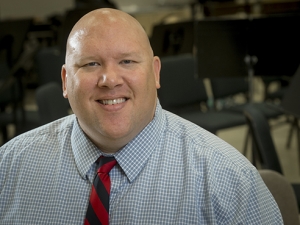UAB has the only Level IV Regional Newborn Intensive Care Unit in Alabama, a Continuing Care Nursery that provides extended step-down care for preterm and term babies with medical conditions, and a Department of Obstetrics and Gynecology that was ranked No. 13 in the country (and highest in the Southeast) by U.S. News in its 2023-2024 Best Hospitals rankings.
That means every baby and mother receives the highest-quality, compassionate care, whether the delivery is the first of its kind in the world or simply welcoming another new life into the world.
Six months after giving birth to identical twins, Britney Alba found out she was pregnant with her second set of identical twins. But these babies were monochorionic-monoamniotic — one of the rarest types of twins.
Chronic high blood pressure can be a life-threatening complication of pregnancy for mothers and babies. But if a mother’s high blood pressure is “mild,” what should doctors do to treat it? In 2022, the results of a UAB-led trial, Chronic Hypertension and Pregnancy, or CHAP, showed that treatment improved pregnancy outcomes without compromising babies’ growth and overall health. This year, the study was named Clinical Trial of the Year for its effect in changing national guidelines.
A baby boy born in late May 2023 at UAB Hospital is the first to be born from a uterus transplant outside of a clinical trial. UAB’s uterus transplant program, one of only four in the United States, offers women with uterine factor infertility another option to build a family. Meet the parents and learn more about how uterus transplants work.
The return of the UAB Neonatal Helping Hands program post-COVID is a source of joy for volunteer cuddlers such as Debra Nelson, the sister of a UAB employee. Getting the chance to get back to her babies, “I feel like I won the lottery,” she said. Read Nelson’s story, watch her in action in this video, and learn how to volunteer.
The Nurse-Family Partnership of Central Alabama was established in 2017 to partner pregnant and parenting mothers who are experiencing economic or social barriers with their own personal nurse. An $8.8 million grant received by the School of Nursing in 2023 will expand the program to 27 additional counties in Alabama within the next five years.
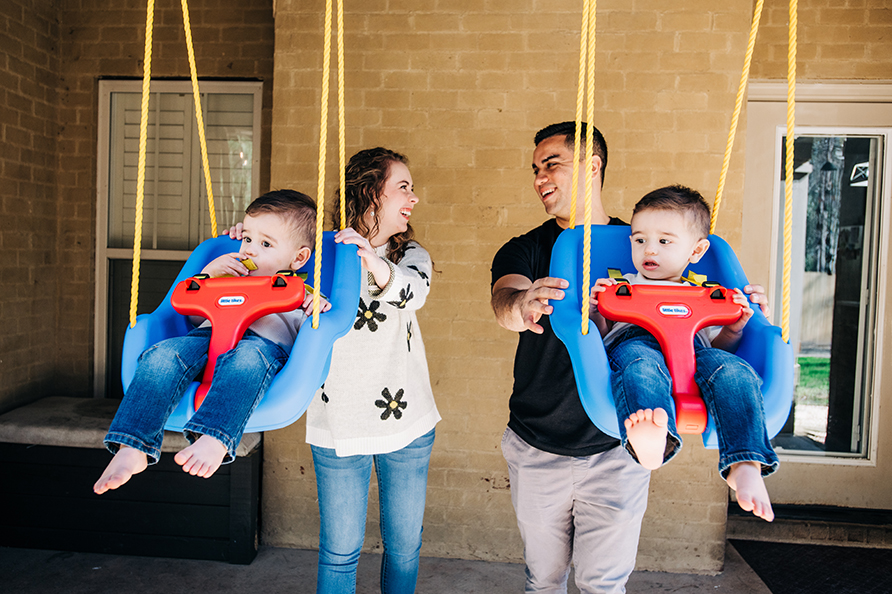
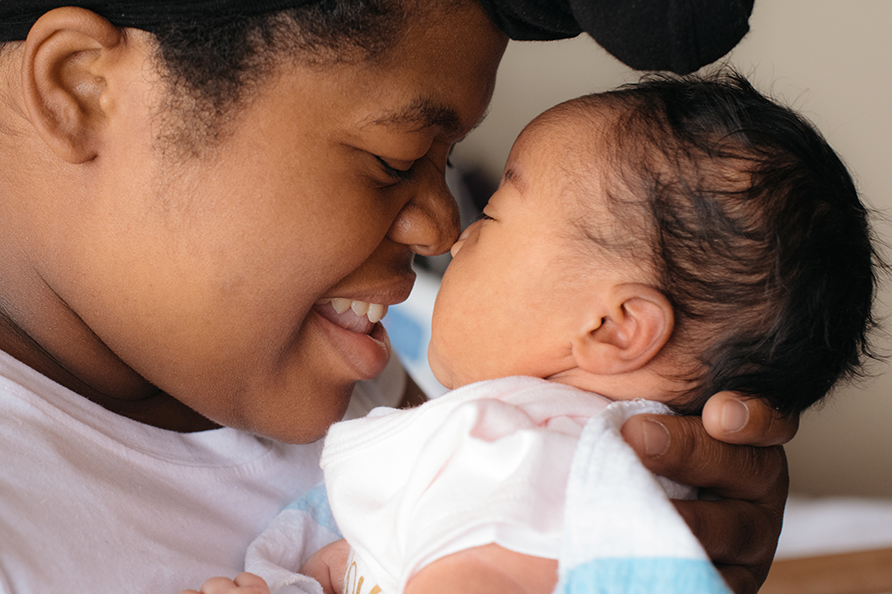
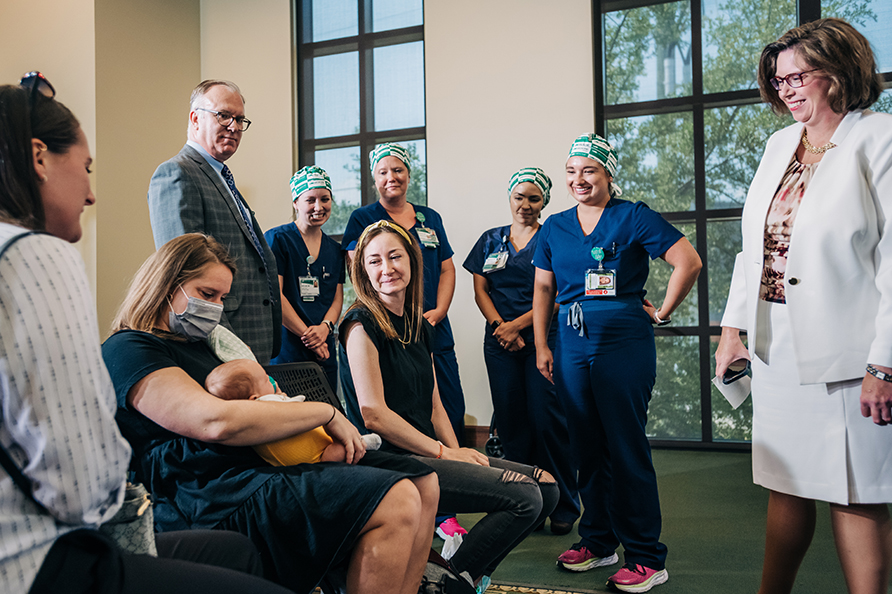
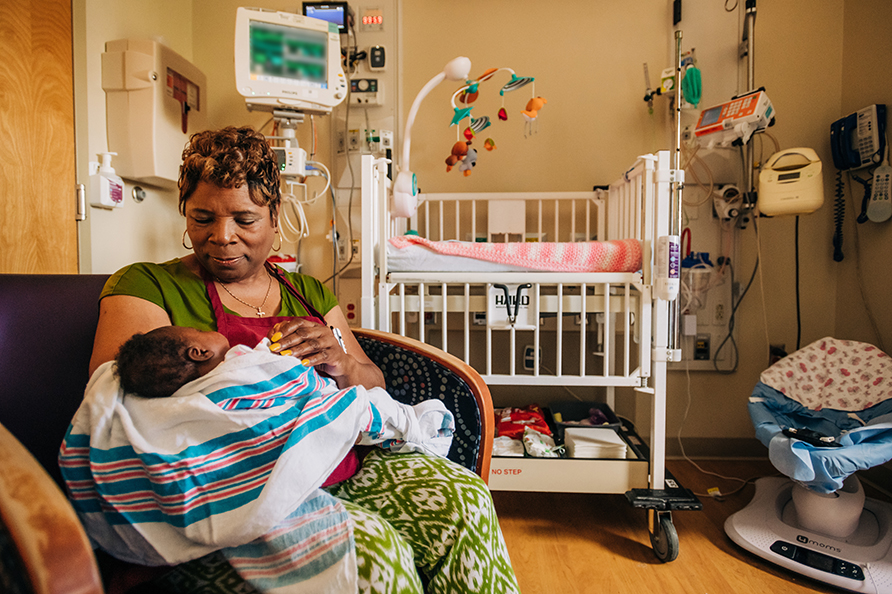
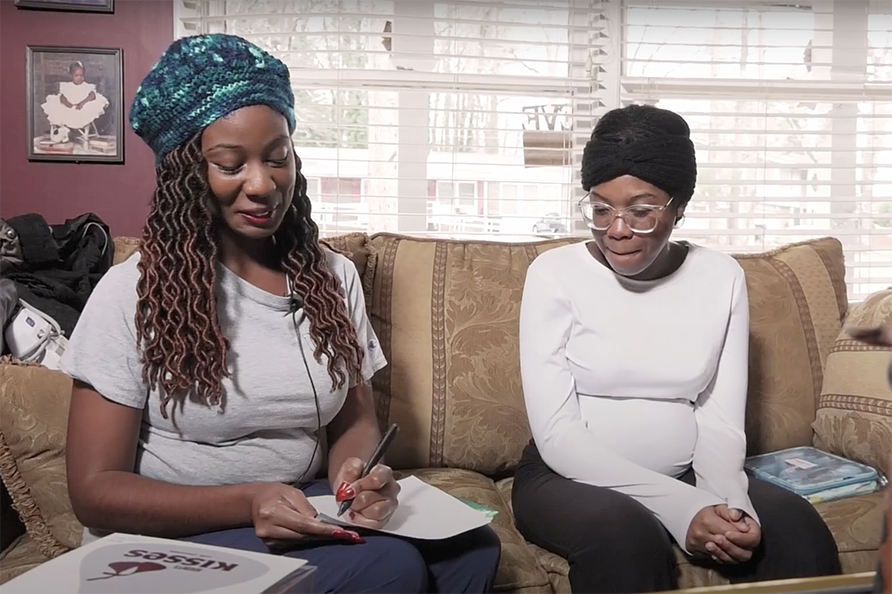

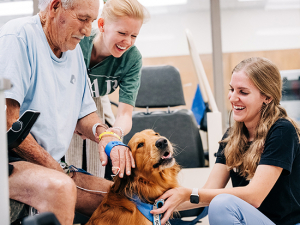
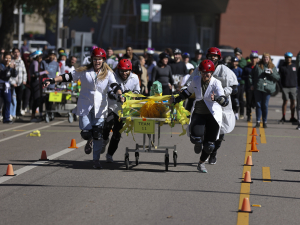



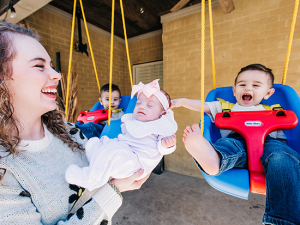


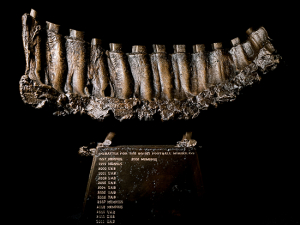
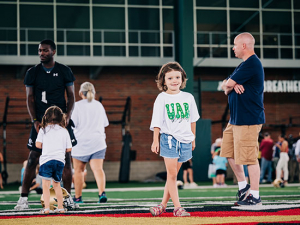


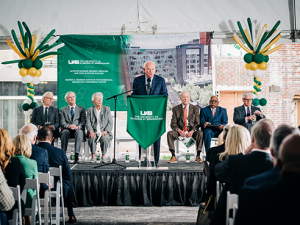
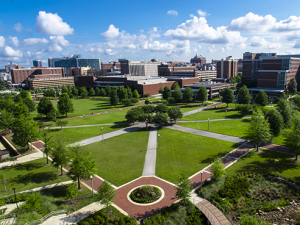






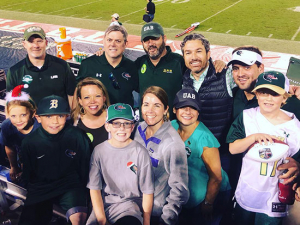




 Journey through time in “Fifty Years of Dreams and Discoveries,” a 200-page pictorial book that chronicles UAB’s rise from a nascent university in 1969 to a leading doctoral research university.
Journey through time in “Fifty Years of Dreams and Discoveries,” a 200-page pictorial book that chronicles UAB’s rise from a nascent university in 1969 to a leading doctoral research university.








